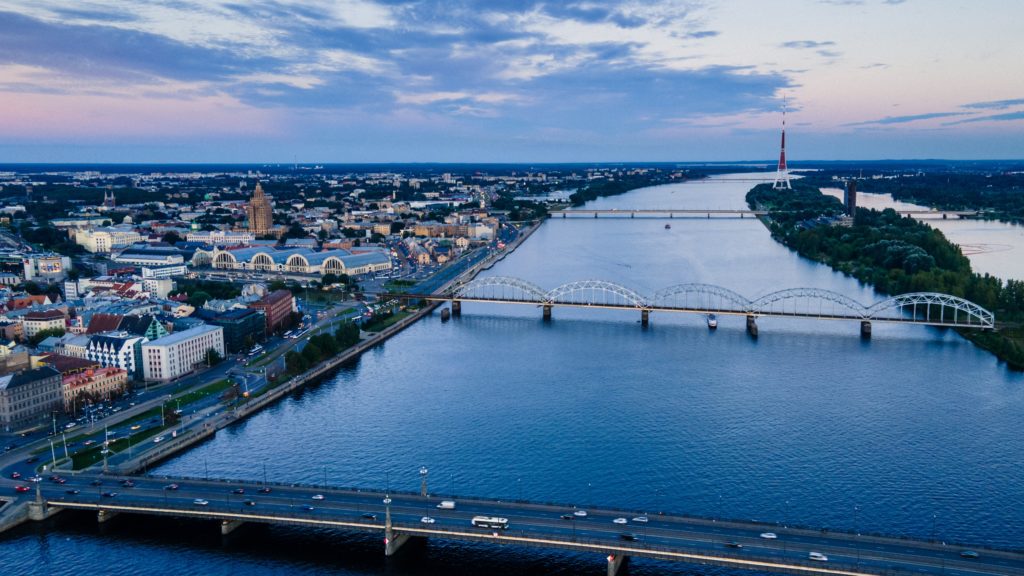Latvia is located on the eastern coast of the Baltic Sea, at the crossroads of Northern and Eastern Europe. Latvia is a parliamentary republic sharing borders with Estonia in the north, Russia and Belarus in the east, Lithuania in the south, and Sweden in the west. The coastline of Latvia is 498 kilometers long.
Latvia has an open economy, closely linked to trading partners in the region. The country’s major trading partners are European Union member states with 72% of total turnover by the value of goods.

Their most important exporters in Europe are Lithuania, Estonia, Russia, Germany, and Sweden. A large percentage of Latvia’s exported goods are simple agricultural and food products, plus wood and its articles, machinery and equipment, metals, and their articles too. Latvia imports goods mainly from Lithuania, Germany, Poland, Estonia, and Russia. The major imported goods are fuel, vehicles, machinery and equipment, et cetera.
Friendly Business Environment
As a baby country in our globalized world, Latvia knows the significance of foreign investment as a means of sustaining economic growth. Known to be a thriving democracy, Latvia has always pursued a free economic policy and welcomes foreign investments that may promote the principles and benefits related to the free market. The government in Latvia knows that a positive dialogue between them and international investors is crucial. By keeping a good relationship with investors, investment projects that are particularly important to Latvia can be managed by a large and strategically important investment coordination committee led by the Prime Minister when necessary. The board of directors plays a leading role in helping to resolve major issues that individual investors may have. LIAA serves as the secretariat of the board of directors. Important investment issues are regularly raised to the government through the council of Foreign Investors in Latvia, numerous chambers of commerce, and, oftentimes, through access to individual officials and decision-makers.
Foreign direct investment
Latvia began to experience an increase in its foreign direct investment after it joined the European Union. The major agents behind this increase were the new market opportunities for investors from foreign countries, its monetary policy, advantageous location, et cetera. Despite being hit by the global financial crisis, Latvia was able to implement measures, which rejuvenated its economy. Foreign investors want to invest in the country because they see much potential in its ability to survive harsh times.
Technology
Latvia promotes technology growth by various means. LIAA acts as a Technology Transfer Centre, providing numerous activities aimed at making contributions to innovation growth. Through the support and development of new products and technologies. Long-term cooperation between research organizations and companies boosts technology in Latvia. Investors see this as being profitable.
Access to larger European markets
Due to its location and cultural background, Latvia can provide a unique location for business activities hoping to enter the European market. Acting as a gateway into the EU market, Latvia welcomes foreign investors with business ideas focused on developed economies of the European Union and emerging markets of its eastern neighbors.
Advanced transport infrastructure
Latvia, a country on the coast of the Baltic Sea, boasts of three major ice-free international ports in Riga, Liepaja, and Ventspils. There are other land-based infrastructures in the country, such as an extensive rail, road, and pipeline system.
Investors choose the country because of its free-trade principles. As an EU country, one of the 26 members of the Schengen Area, and a participant of the World Trade Organization, business owners in the country enjoy all the perks that come with having free and open trade in the world’s markets. To attract and keep good relationships with trade partners across the globe, the country made effective planning and reevaluation of its custom policies.



